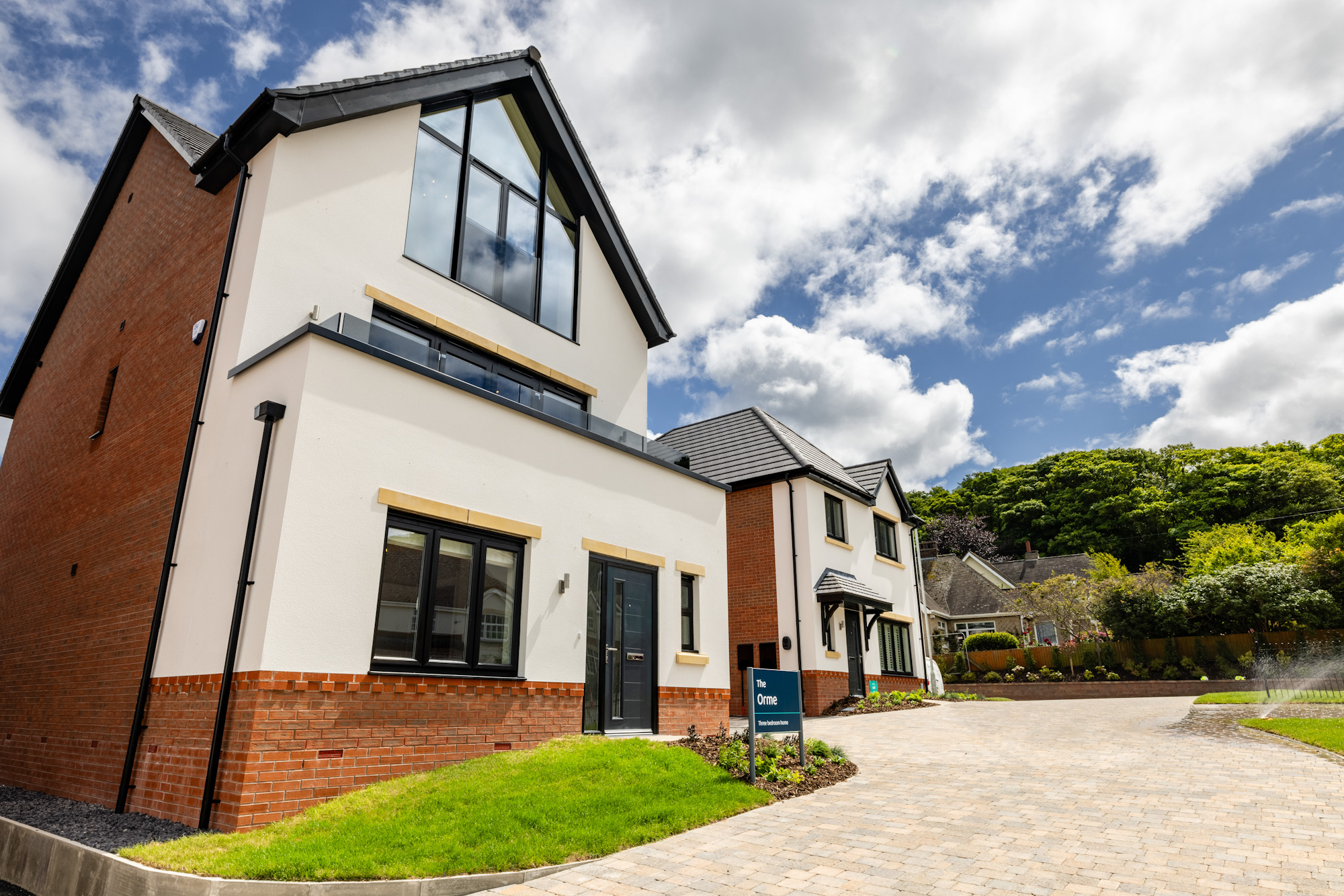Applying for a mortgage is rarely a straightforward process. Choosing the right mortgage type, finding the best lender and submitting your application are all time-consuming and can be stressful, especially when you aren’t sure where to start.
To help you with the process we’ve compiled a list of 7 tips for applying for a mortgage, including how to improve your credit score and how to gather evidence of your earnings.
1. Monitor your credit score
Your credit score is the first thing mortgage lenders will look for before they offer you a mortgage. One of the best ways to get a mortgage application approved is to have a good credit score - a bank will take this as an indicator that you are likely to stay up to date on loan repayments.
In the run-up to making your application, you should keep an eye on your credit rating. Some banks will offer access to Experian or other credit checkers, although you can also pay to get a report. Once you’re aware of your score, you can improve it by clearing outstanding debts and closing unused accounts. Be careful when submitting a mortgage application with a negative credit rating, as rejected applications can also affect your score.
2. Save up a good deposit
Putting down a good deposit is a stepping stone to getting affordable mortgage payments. The higher the deposit, the better the interest rate a lender can offer you. The deposit amount is always calculated as a percentage of the property value: for instance, a £50,000 deposit on a property worth £200,000 (25%) will impact your mortgage offer more than a £100,000 deposit on a property worth more than £1 million (10%).
3. Register for the electoral roll
Most mortgage providers will use the electoral roll as proof of your identity. Being registered increases the chances of your application being accepted quickly. If you aren’t registered, you may have to provide additional documentation that could extend the process. The best part is that being on the electoral roll will naturally increase your credit score!
4. Understand mortgage types
Like all other loans, there are many kinds of mortgages you can apply for. Check out our guide on the different types of mortgage loans if you need help choosing the best one for your purposes. While you should do plenty of your own research, you can also speak to a mortgage or financial advisor before making your decision. A professional can help you to understand the long-term implications of each mortgage type.
5. Compare mortgage providers
You can use comparison tables from websites like Money Supermarket, Compare the Market and GoCompare to get an idea of the different mortgage deals available to you. To get an accurate calculation, you should provide the cost of the house you’re buying, your deposit amount, the number of years you want to take the loan out for and the type of mortgage you want. The website will then calculate your Loan to Value ratio, as well as provide information about fees and early repayment charges (ERCs).
Your mortgage advisor may also research the best deals in your area, although you should check whether they’re contracted to offer mortgage deals from certain banks. Always supplement advice with your own research to ensure that you get the best deal from your lender.
6. Collect evidence of earnings
For a mortgage application, you’ll need to provide evidence of earnings. If you’re a full-time employee, collecting your last three payslips should do the trick. If you’re self-employed, however, you’ll need to provide an SA302 form from HMRC as proof of earnings for the last three years. You can also offer your bank account statements as proof, although you should keep in mind that you cannot provide less than two years of earnings to get a mortgage if you’re self-employed. To increase the chances of your mortgage application being accepted, you should provide at least three years of records
7. Avoid problematic properties
Mortgage lenders may be reluctant to lend money on properties that could be difficult to resell. Avoid properties with issues such as flat roofs, excessive damp or troublesome locations. A flat above a shop or a house in the middle of a motorway can pose too much risk for both you and the lender and may decrease the likelihood of your application being accepted.
